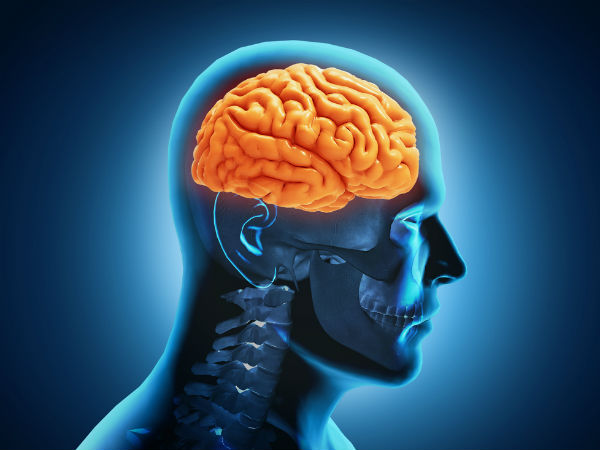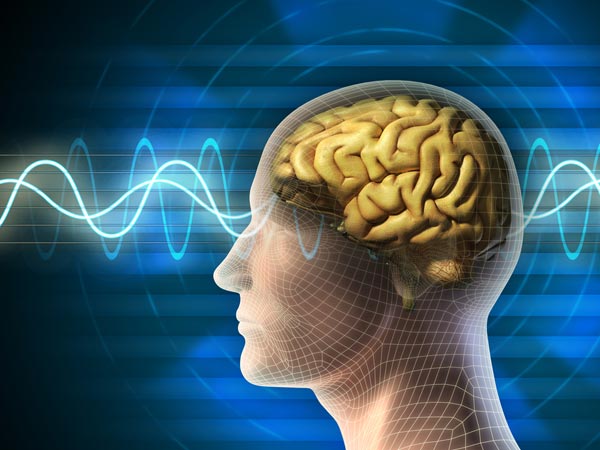Just In
- 27 min ago

- 5 hrs ago

- 14 hrs ago

- 17 hrs ago

Don't Miss
- Sports
 FIDE Candidates Tournament: Gukesh D plays a draw with Nepomniachtch as both stay joint leaders, Vaishali picks up her first win; Player Standings After Round 10
FIDE Candidates Tournament: Gukesh D plays a draw with Nepomniachtch as both stay joint leaders, Vaishali picks up her first win; Player Standings After Round 10 - Automobiles
 Ford Plans Major Return To Indian Market With Design Patent For New MPV
Ford Plans Major Return To Indian Market With Design Patent For New MPV - Finance
 Bank of Baroda Scandal: Finance Ministry Mulls Stricter Measures To Combat Cyber Fraud; Report
Bank of Baroda Scandal: Finance Ministry Mulls Stricter Measures To Combat Cyber Fraud; Report - News
 Right To Sleep A Basic Human Requirement: HC On ED Questioning Senior Citizen Post Midnight
Right To Sleep A Basic Human Requirement: HC On ED Questioning Senior Citizen Post Midnight - Technology
 Moto G64 5G Launching in India at 12 noon Today: Check Full Specifications, Expected Pricing
Moto G64 5G Launching in India at 12 noon Today: Check Full Specifications, Expected Pricing - Movies
 Bade Miyan Chote Miyan Box Office Collection Day 6 Prediction: Akshay’s Film Struggles To Reach 50Cr In Week 1
Bade Miyan Chote Miyan Box Office Collection Day 6 Prediction: Akshay’s Film Struggles To Reach 50Cr In Week 1 - Education
 NEET PG 2024: Check the Registration and Exam Date Here
NEET PG 2024: Check the Registration and Exam Date Here - Travel
Maximise Your First Indian Adventure With These Travel Tips
Are You Hooked To Facebook? Here Is Why You Should Stop It Immediately
In a study conducted on facebook and its usage, researchers have come out with some startling facts. Read on to know more.
Do you have the habit of constantly checking Facebook or other social media sites while driving, in a work meeting, or at other times? Beware, it could lead to a deficiency in the balance between two systems in the brain, researchers warn.
The findings showed that when there is an imbalance between two cognitive-behavioural systems in the human brain, there is a higher rate of problematic use of social networking sites.
In the study, researchers from the DePaul University in the US applied the dual system perspective - an established theory in cognitive psychology and neuroscience which holds that humans have two different mechanisms in their brain that influence their decision-making.

While System 1 is automatic and reactive, quickly triggered, often subconsciously, in reaction to stimulus such as a sight of or notifications from social media, System 2 is a reflective, reasoning system that moves more slowly, regulates cognitions and controls behaviours, according to Hamed Qahri-Saremi, assistant professor at DePaul University.
The second system can help individuals control impulses and behaviours that are not in their best interest, he added.

For the study, detailed in the Journal of Management Information Systems, the team obtained responses from 341 undergraduate college students from a North American university who use Facebook.
The results showed that individuals who displayed higher levels of problematic use of Facebook had a strong cognitive-emotional preoccupation (system 1) and a weak cognitive-behavioural control (system 2), creating an imbalance.

In fact, the greater the imbalance between the two systems, the more likely individuals were to engage in problematic social media use behaviours, the researchers said.
In addition, this problematic use of Facebook also negatively affected the students' academic performance. The higher the problematic use, the lower was the GPA score.
"A
slight
increase
in
problematic
social
media
use
translates
into
significant
grade
loss,
and
this
declined
performance
is
persistent,"
added
Ofir
Turel
from
California
State
University.
With
Inputs
From
IANS
-
 relationshipValentine's Day 2024:Mark Zuckerberg - Priscilla Chan Love Story, 5 Things To Know About Facebook First Couple
relationshipValentine's Day 2024:Mark Zuckerberg - Priscilla Chan Love Story, 5 Things To Know About Facebook First Couple -
 healthInside Mark Zuckerberg's Daily Habits: No He Doesn’t Wakeup Early! Know The Routine Of Sixth Richest Person In
healthInside Mark Zuckerberg's Daily Habits: No He Doesn’t Wakeup Early! Know The Routine Of Sixth Richest Person In -
 faith mysticismNeem Karoli Baba: The Miraculous Saint Of Khainchi Dhaam Who Was Guru To Celebrity Disciples
faith mysticismNeem Karoli Baba: The Miraculous Saint Of Khainchi Dhaam Who Was Guru To Celebrity Disciples -
 pulseFacebook AKA Meta Warns: 50,000 Accounts Were Targets Of Spyware
pulseFacebook AKA Meta Warns: 50,000 Accounts Were Targets Of Spyware -
 pulseBoy Remembers The Miscarriage His Mum Had Before He Was Born!
pulseBoy Remembers The Miscarriage His Mum Had Before He Was Born! -
 bollywood wardrobeWow! Check Out The Checkered Outfit That Janhvi Kapoor Wore For The Social For Good Event
bollywood wardrobeWow! Check Out The Checkered Outfit That Janhvi Kapoor Wore For The Social For Good Event -
 pulseTwitter Flooded With Jokes After Ram Rahim Singh's Conviction
pulseTwitter Flooded With Jokes After Ram Rahim Singh's Conviction -
 pulseThese Hilarious Online Pics Showed More Than What Is Needed
pulseThese Hilarious Online Pics Showed More Than What Is Needed -
 pulseShocking!! Boy Posts Video On How To Die Minutes Before Committing Suicide
pulseShocking!! Boy Posts Video On How To Die Minutes Before Committing Suicide -
 lifeThis Couple Lost Everything Because Of A Single FB Post!
lifeThis Couple Lost Everything Because Of A Single FB Post! -
 wellnessFacebook Posts May Offer Insight Into Mental Illness
wellnessFacebook Posts May Offer Insight Into Mental Illness -
 pulsePics That Prove You Have A Dirty Mind
pulsePics That Prove You Have A Dirty Mind


 Click it and Unblock the Notifications
Click it and Unblock the Notifications



